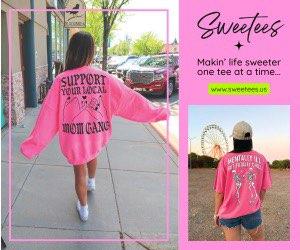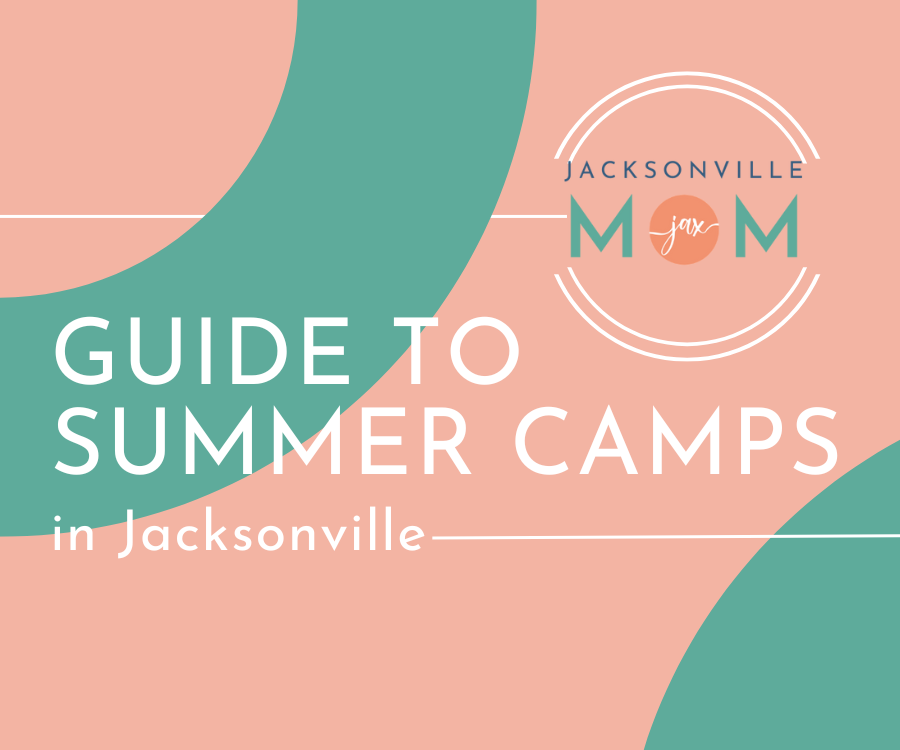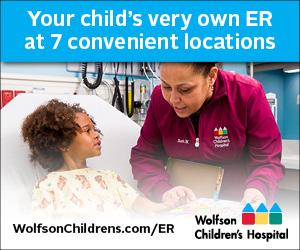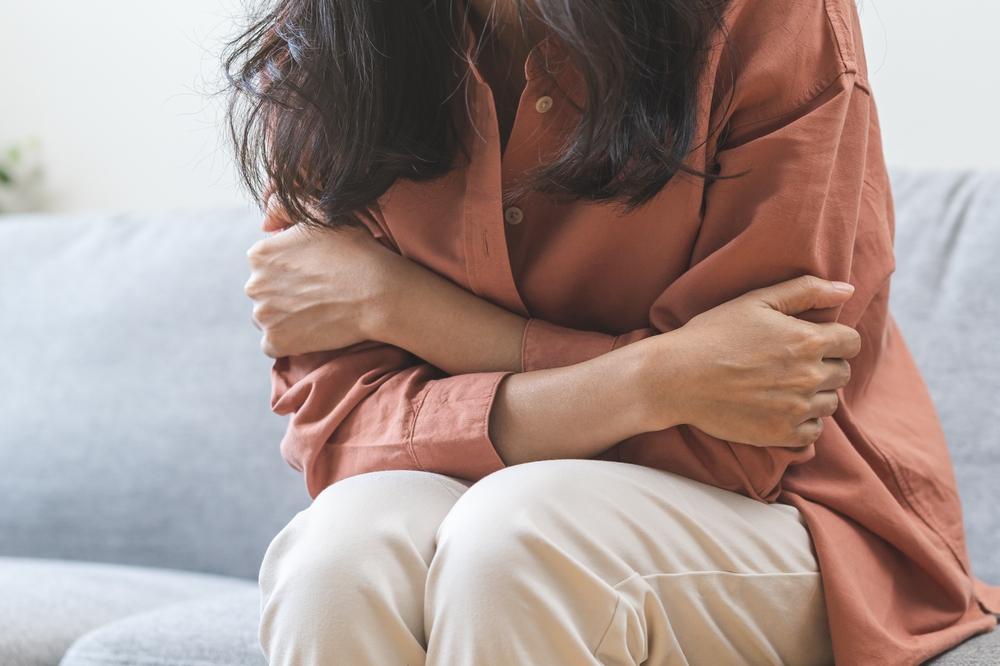 In May 2023, after an unexpected emergency surgery and a few days in the ICU, my kids, who at the time were only ages 6 years old and 18 months old, lost their Pappy, their beloved grandfather. On Thursday night, he and their grandmother (Lovie) were at my oldest’s baseball game, and the next Thursday, he was gone. Our family was dealt a card nobody knew was in the deck, and while it has already somehow been 15 months, we’re still reeling in the whiplash of this loss.
In May 2023, after an unexpected emergency surgery and a few days in the ICU, my kids, who at the time were only ages 6 years old and 18 months old, lost their Pappy, their beloved grandfather. On Thursday night, he and their grandmother (Lovie) were at my oldest’s baseball game, and the next Thursday, he was gone. Our family was dealt a card nobody knew was in the deck, and while it has already somehow been 15 months, we’re still reeling in the whiplash of this loss.
The moment we knew he wouldn’t be leaving the hospital, my role shifted from medical advocate to logistics director. There was instant role clarity in my brain, but I could physically feel it colliding with the emotional distress in my heart. It was as if my tear-drenched eyes became binoculars into the needs of everyone around me. Who needs to be driven home from the hospital? Who needs to stay with who? Who needs to be notified? Who is handling questions and communications? Who is asking the hard questions that nobody wants to think about or ask?
Despite the fact that I am a deeply emotional and highly sensitive human, oftentimes to a fault, my brain took over and moved me into problem-solving mode immediately. As a mom, a partner, a daughter, and a natural caretaker, this made sense for me. I can absorb the feelings bouncing between the adults in this space and still make decisions, communicate, and plan. I’ve always thrived in crisis (my therapist says it’s a defense mechanism that I learned as a child), and this night was no different. What was different was the next night.
 We’d waited to tell the kids what happened until the next evening. We needed the next day to process and do some of the adult crap that needs to be done after someone dies, and we needed the kids to be in school while we did those things. Once the kids were home, their Dad and I sat them down and did the hardest thing I’ve ever done in my life. We told them that one of the adults who had loved them since they were infants, whom they were (and still are) absolutely infatuated with, was gone. I’d done all the things a parent possibly could’ve done to prepare for that moment — bought a kid’s book on death, talked to friends who had been through this with their children and loss, and read articles on the developmentally appropriate language to use when telling them and when answering the unavoidable questions. And I’d like to believe that I took all that information in and did the best I could’ve possibly done given the news I was sharing.
We’d waited to tell the kids what happened until the next evening. We needed the next day to process and do some of the adult crap that needs to be done after someone dies, and we needed the kids to be in school while we did those things. Once the kids were home, their Dad and I sat them down and did the hardest thing I’ve ever done in my life. We told them that one of the adults who had loved them since they were infants, whom they were (and still are) absolutely infatuated with, was gone. I’d done all the things a parent possibly could’ve done to prepare for that moment — bought a kid’s book on death, talked to friends who had been through this with their children and loss, and read articles on the developmentally appropriate language to use when telling them and when answering the unavoidable questions. And I’d like to believe that I took all that information in and did the best I could’ve possibly done given the news I was sharing.
What none of those articles or friends or books could’ve prepared me for was the instant sobs that would leave my sweet 6-year-old’s body. My daughter was only 18 months old, and she cried, but I think most of those tears were out of the overwhelming confusion as to why everyone around her was crying. My son was 6 at the time and has always been a deeply sensitive child who feels and thinks in manners that are far beyond his age. The moment his ears heard the words that Pappy had died, his eyes became lakes and his shirt the shore that the wind-whipped waves of tears would crash upon. His sobs stole my breath, and for the first time since saying goodbye in that hospital room, my head lost the battle to my heart.
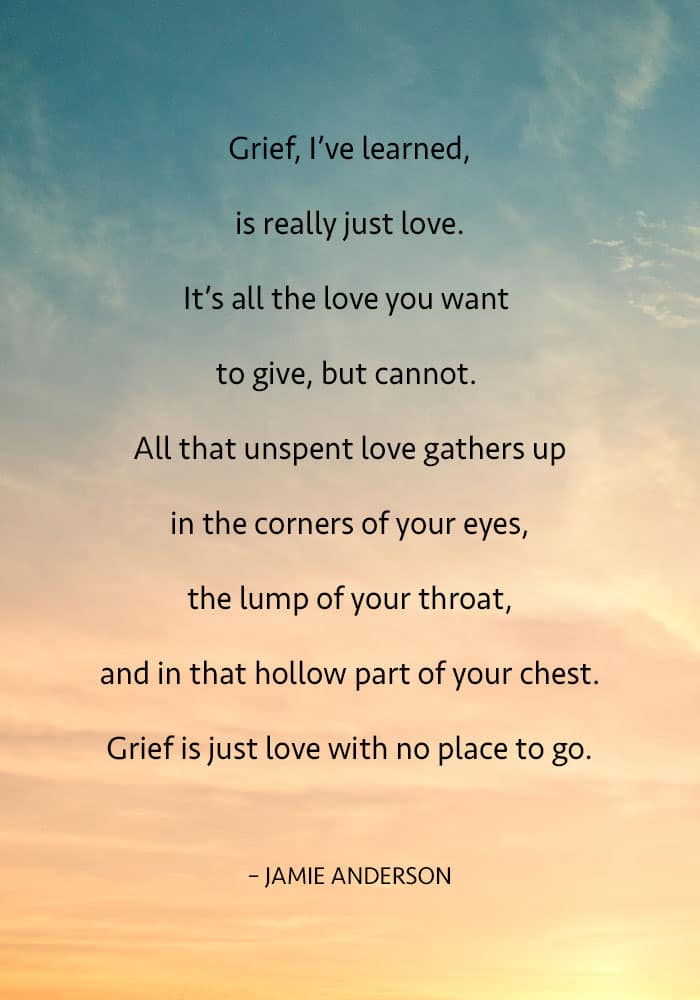 Death is never fair and loss is never easy. But they both seem extraordinarily cruel when children experience them. Watching my children, my sweetest babes, have their innocent hearts broken and growing minds startled was, and continues to be, the most difficult thing I’ve ever witnessed or walked through, and if you’re in the thick of this tragedy, I want you to know you’re not alone. I see you. And there are resources that can help ease the burden of being your child(ren)’s north star for grief. Because you, my friend, also need to grieve, and you can’t sit with your feelings and grief if your heart is always living outside of your body in an effort to hold everyone else’s feelings.
Death is never fair and loss is never easy. But they both seem extraordinarily cruel when children experience them. Watching my children, my sweetest babes, have their innocent hearts broken and growing minds startled was, and continues to be, the most difficult thing I’ve ever witnessed or walked through, and if you’re in the thick of this tragedy, I want you to know you’re not alone. I see you. And there are resources that can help ease the burden of being your child(ren)’s north star for grief. Because you, my friend, also need to grieve, and you can’t sit with your feelings and grief if your heart is always living outside of your body in an effort to hold everyone else’s feelings.
Resources for Grief Support
There are grief support groups for you and for your child(ren), there are therapists who specialize in grief work, and there are camps that offer space for kids to build relationships with peers their age who are also experiencing loss and grief. It sounds cliché, trust me I know, but being in a relationship with other people who are walking through similar pieces of life as you can be transformational. And the same thing is true for your child(ren). Community Hospice is a great Jacksonville resource. This summer, my son went to his first-ever sleepaway camp for five days, and while I was an absolute nervous wreck, I knew it would be so wonderful for him. It was week one of the summer session at Camp Boggy Creek, and the focus was on children who were experiencing bereavement. For five days and four nights, my now 7-year-old got to make friends with children his age who have also experienced loss in their lives. The focus wasn’t on grief and sadness, but rather on remembering the people they loved and lost and introducing healthy ways to cope and talk about their experiences and feelings. He has two specific items that he created during camp that he loves; they’re in his room and he talks about them often and sees them daily.
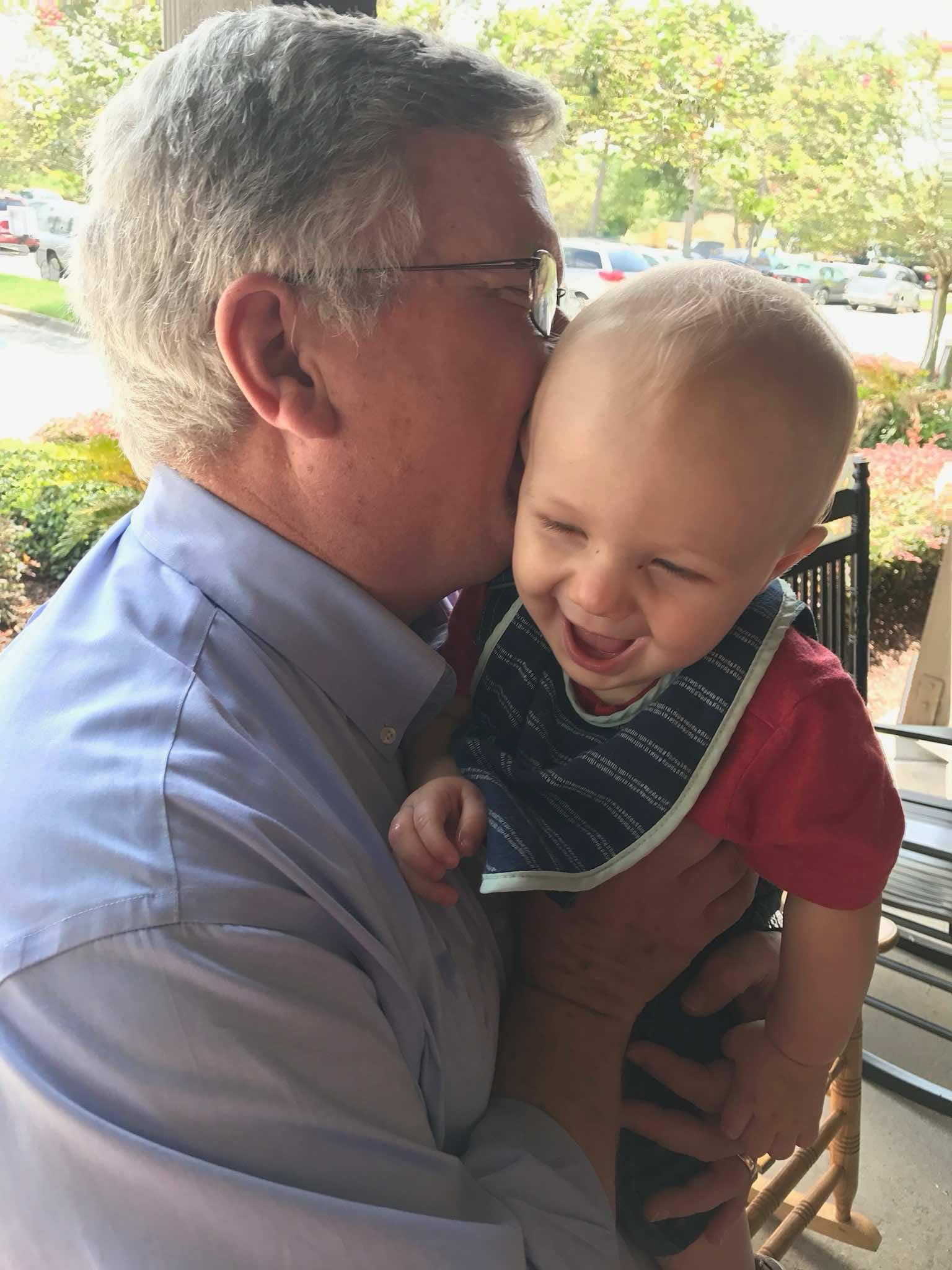 What I’ve learned in the last 15 months is that grief will never get easier. You can learn new tools, build new relationships, and develop new coping skills, but because, as Jamie Anderson says in her quote, grief is just love with nowhere to go, grief will never go away. I find it clearly necessary to mention that as I sit in my favorite brewery finishing this post, the song “Fix You” by Coldplay is playing on the speakers, and because of that, I will leave you with one last piece of advice that stems from their words below. Whether it’s a few drops or a fire hydrant volume, let your tears fall. Tears are the lubricant with which the gears of our emotions are sometimes oiled. Feel your feelings and allow your body to release them in the way that makes the most sense for you.
What I’ve learned in the last 15 months is that grief will never get easier. You can learn new tools, build new relationships, and develop new coping skills, but because, as Jamie Anderson says in her quote, grief is just love with nowhere to go, grief will never go away. I find it clearly necessary to mention that as I sit in my favorite brewery finishing this post, the song “Fix You” by Coldplay is playing on the speakers, and because of that, I will leave you with one last piece of advice that stems from their words below. Whether it’s a few drops or a fire hydrant volume, let your tears fall. Tears are the lubricant with which the gears of our emotions are sometimes oiled. Feel your feelings and allow your body to release them in the way that makes the most sense for you.
“Tears stream down your face,
When you lose somethin’ you cannot replace.” –Coldplay









